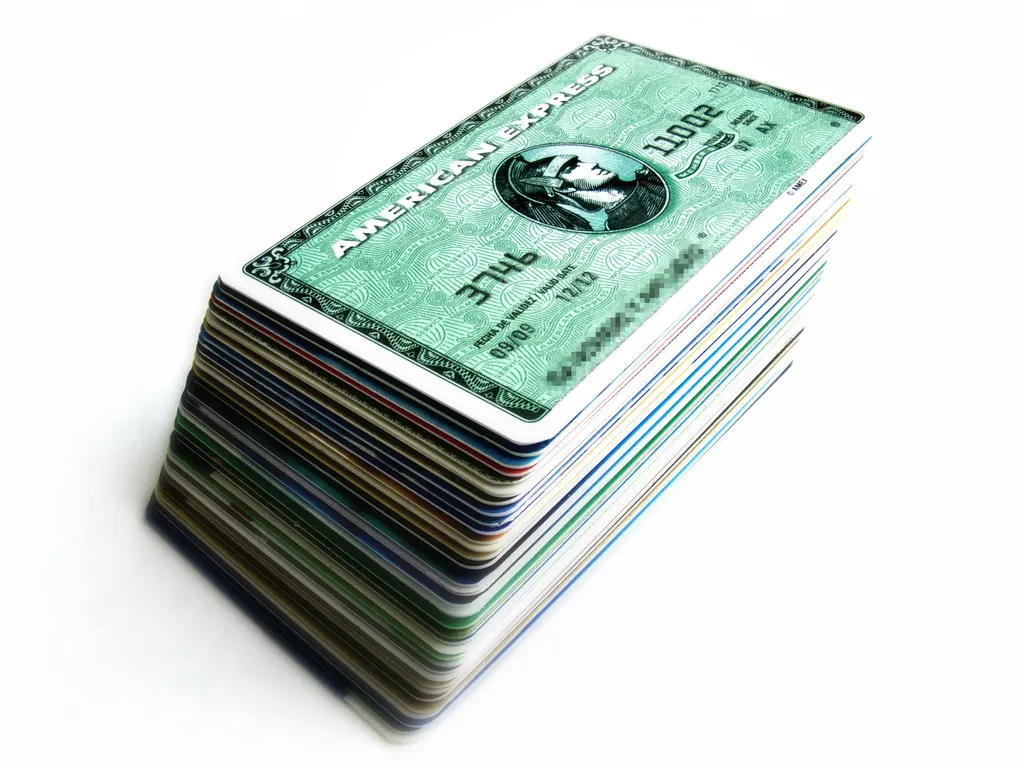Installment vs. Revolving Credit: What's the Difference and How It Impacts Your Credit Score
When you're focused on learning how to improve credit score, you hear a lot about making on-time payments and keeping your balances low. But there’s another crucial factor that plays a big role: the type of credit you have.
Understanding the difference between installment credit and revolving credit is key to optimizing your credit health. If you’re asking why did my credit score drop, often the answer lies in how these two types of accounts are reported, and whether there's an error on your report that needs to be fixed.
At Fixurowncredit.com, we break down the two types of debt and show you how to manage both as well as how to fix your credit yourself and save money.
The Two Pillars of Your Credit Mix
Credit reporting models like FICO factor in Credit Mix (10% of your score). Lenders prefer to see that you can responsibly manage both types of credit:
1. Revolving Credit: The Utilization Powerhouse
- What it is: An open line of credit with a maximum limit where you can borrow, repay, and borrow again indefinitely.
- Examples: Credit cards and Home Equity Lines of Credit (HELOCs).
- Score Impact: Revolving credit has the most direct and immediate impact on your score through Credit Utilization (30% of your FICO score). Experts recommend keeping your utilization—the percentage of your available credit that you use—below 30%, with the best scores achieved in the single digits. Keeping this number low is the fastest way to influence your score.
2. Installment Credit: The Long-Term Commitment
- What it is: A one-time loan for a fixed amount that is paid back over a set period of time with regular, fixed payments. Once the loan is paid off, the account is closed.
- Examples: Mortgages, car loans, student loans, and personal loans.
- Score Impact: Installment credit primarily affects your score through your long-term Payment History (35% of your FICO score). While it doesn't have a traditional utilization ratio, the balance still matters; paying down a loan can have a positive effect. Having a diverse portfolio, like a car loan and a credit card, can have a small but positive impact.
Protecting Your Score: When Good Management Isn't Enough
Managing both revolving and installment accounts responsibly is the cornerstone of building a strong credit profile. You must focus on keeping your credit card balances low and making every single loan payment on time.
However, even perfect payment behavior can be ruined by an error on your report, like an old, inaccurate collection account or a misreported late payment. If you're trying to find out how to improve credit score, the first step is always addressing these negative items.
You need to know how to repair credit report errors effectively to ensure your reports accurately reflect your financial habits.
Ready to Learn How to Repair Credit Report Errors Yourself?
Don't let errors on your installment or revolving accounts sabotage your hard work! Stop asking "why did my credit score drop" and take action. You don't need to spend thousands on an expensive credit repair company when you can remove collections yourself using the same tools as the professionals.
Our powerful DIY credit repair software is the affordable credit dispute tool that gives you the proven letters and step-by-step instructions to challenge inaccuracies.
Click here or go to www.fixurowncredit.com to get started with our credit repair software and take control to fix credit yourself today!



